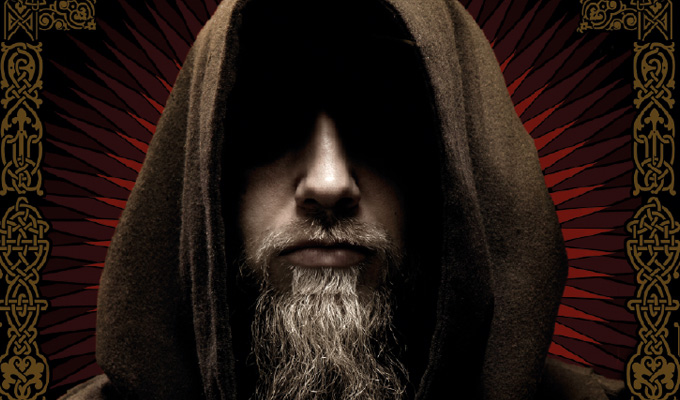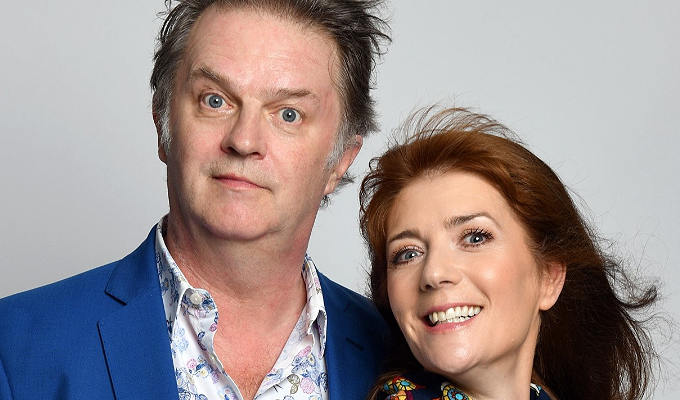
I Killed Rasputin
Note: This review is from 2014
Review by Steve Bennett
Given the nature of this website, this is an odd phrase to write about I Killed Rasputin, but writer Richard Herring could probably axe a lot of the comedy.
For the central story of the Russian Prince who conspired to kill the Mad Monk being confronted over his actions by an American journalist, 50 years after the event, is so fascinating and gripping that the silly sketches that illustrate some aspects of the story seem like an imposition.
But then perhaps the official story is so preposterous, that laughable slapstick is the only sane response.
One accepted version of events is that Prince Felix, in 1916 the richest man in Russia, lured Rasputin to his palace and fed him cyanide-laced cakes, which did not take effect. He got a gun from the study, fired at the monk's heart and left him for dead; but returned to the murder scene an hour later and discovered that Rasputin was still alive. The monk leapt to his feet, attacked the Prince, then fled into the courtyard where he was gunned down by another conspirator, who threw the corpse into the river.
Writer EM Halliday said: ‘I don't know of an instant in modern history where so many reputable as well as disreputable historians have solemnly repeated such a patently improbable story as if it were gospel.’
And it is Halliday’s real-life meeting with Felix in 1967 which forms the inspiration for Herring’s play; the subject of Rasputin having long been something of an obsession for the comedian.
At this time Felix is living in exile in Paris with wife Irima, the niece of Tsar Nicholas II, and his nightmares of the bearded monk, played with lumbering presence by comic actor Justin Edwards.
Interestingly Felix is here played by Nichola McAuliffe, a casting decision that makes more sense as the Royal’s unusual predilections come to light. And she’s certainly compelling in the role, with tensions and drama high as she crosses intellectual swords with Joseph Chance’s Halliday, equally at home wisecracking or on the offensive.
The backdrop to the story is told with the aid of the skits, from a panto-villain Hitler to a Stalin who balletically leaps around the stage. Rasputin himself is sometimes the sombre man of God; sometimes more akin to Frankenstein’s monster chasing Abbott and Costello down a corridor. Although he most gratuitous bit of comedy comes from Halliday talking about muffs at length. Stop sniggering in the back! Seems Herring’s compulsion for a double entendre is as hard to silence as Rasputin himself.
But the story pushes through the nonsense, and alongside all the doubts over the murder and countless fascinating true snippets of information about these unusual people, the play raising interesting points about the nature of truth and of legacy.
Review date: 4 Aug 2014
Reviewed by: Steve Bennett
Reviewed at:
Assembly George Square








